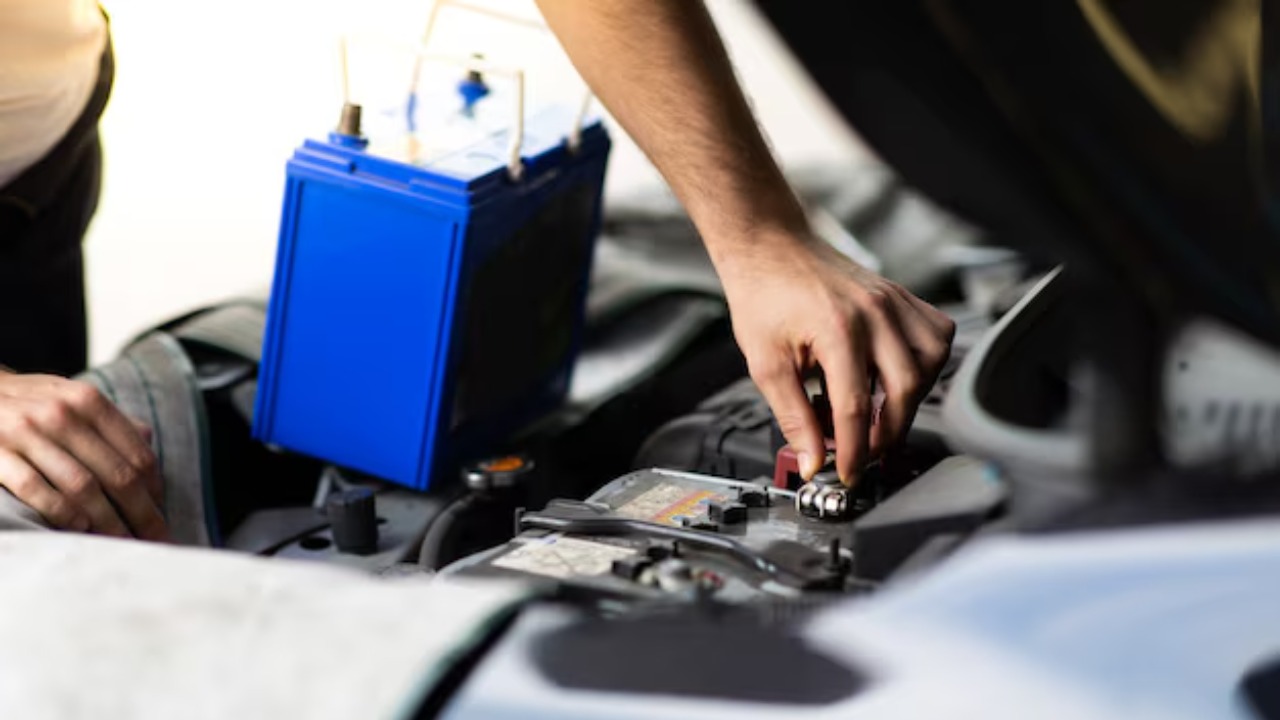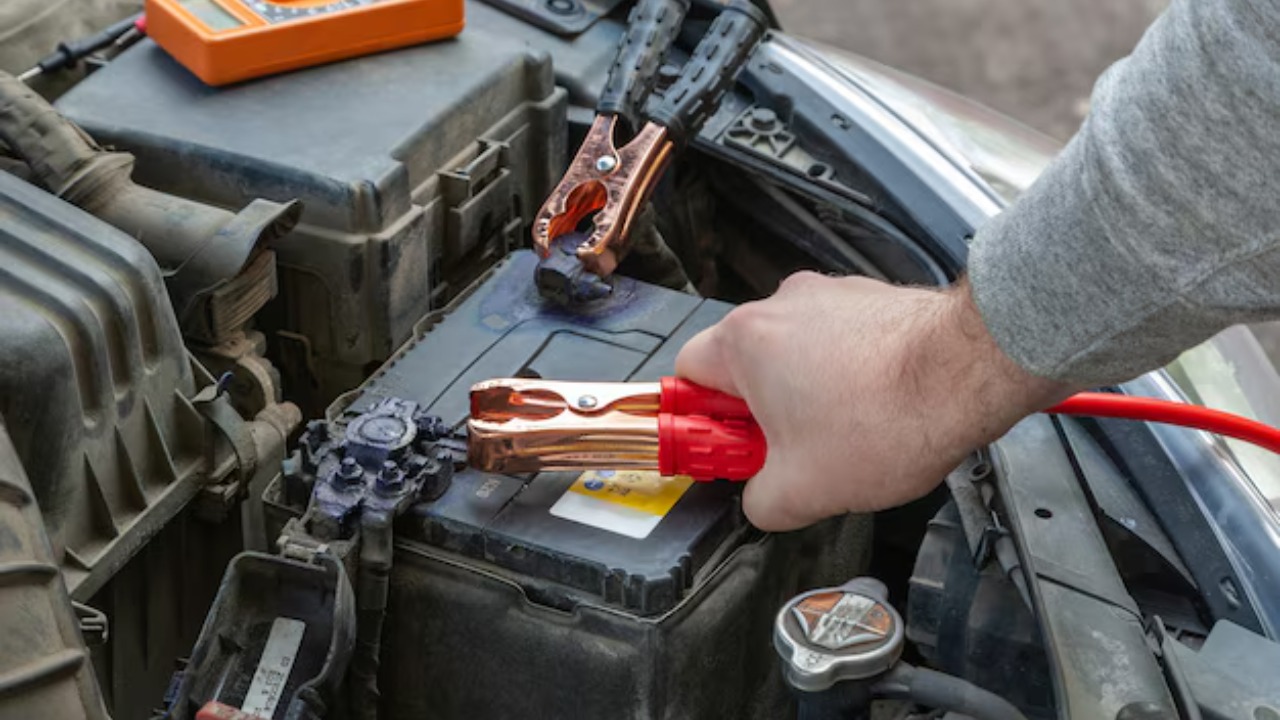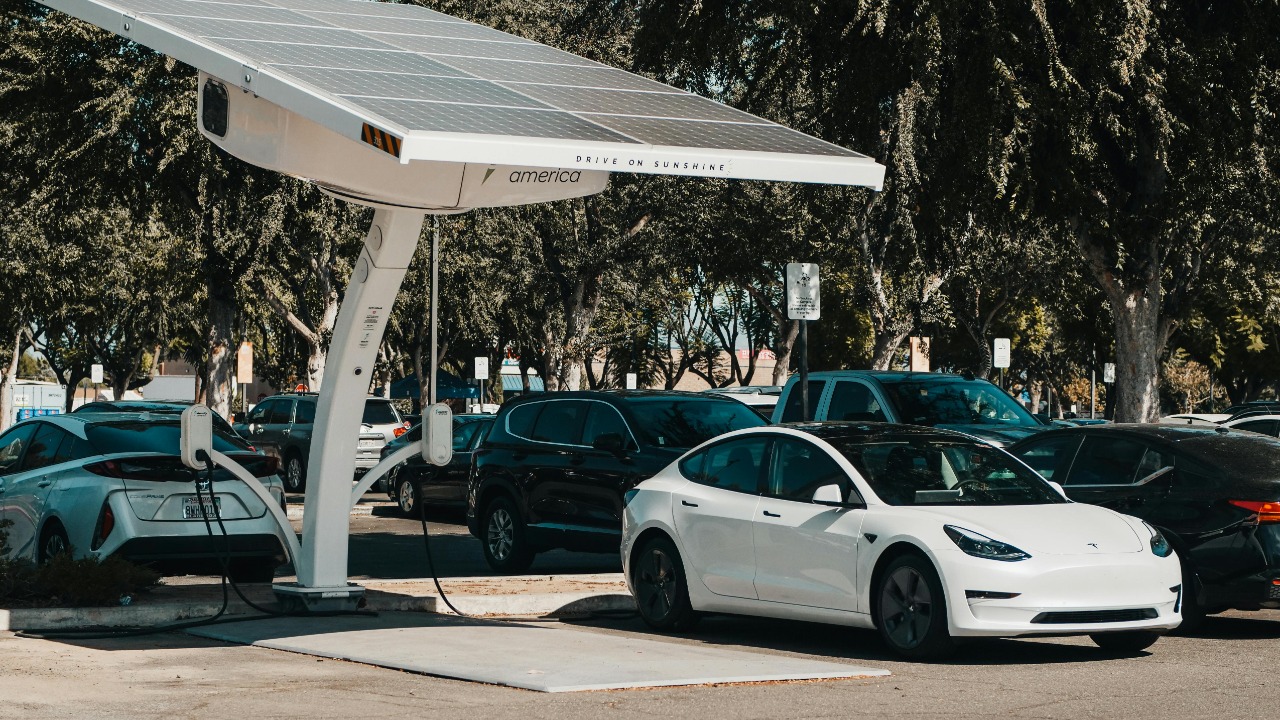
Car owners in Florida often experience shorter battery life compared to other regions, leading many to question whether the Sunshine State is particularly harsh on car batteries. With the unique combination of high temperatures and humidity, Florida’s climate can indeed accelerate the depletion of car batteries. Understanding these factors can help car owners extend their battery’s lifespan.
Understanding the Impact of Florida’s Climate on Car Batteries

High temperatures have a direct impact on car battery chemistry and performance. In Florida, where summer temperatures often soar, the heat can cause the liquid electrolyte inside the battery to evaporate, leading to reduced capacity and increased wear. The persistent warmth speeds up the chemical reactions within the battery, which can lead to thermal degradation and ultimately shorten its lifespan.
Additionally, Florida’s high humidity levels exacerbate battery deterioration. Moisture can corrode battery terminals and connectors, further hindering performance. Seasonal weather patterns, such as the frequent thunderstorms and heavy rains typical of Florida, can contribute to fluctuations in temperature and humidity, influencing battery health over time.
Comparing Battery Lifespans: Florida vs. Other Regions

Statistical data suggests that the average car battery lifespan in Florida is shorter than in cooler climates. While a typical battery might last three to five years in temperate regions, Florida drivers often report lifespans closer to two years. Anecdotal evidence from car owners and mechanics across the state supports this observation, indicating that the state’s unique climate plays a significant role in accelerated battery wear.
Regional differences in battery maintenance practices also contribute to the disparity. In cooler climates, car owners may not need to perform frequent maintenance to counteract heat-related damage, while Florida residents may need to be more vigilant about checking and maintaining their batteries to ensure longevity.
Mechanisms Behind Accelerated Battery Wear in Florida

The science of thermal degradation is a critical factor in understanding why car batteries wear out faster in Florida. The heat not only causes evaporation of essential fluids but also increases the rate of chemical breakdown within the battery. This process reduces the battery’s ability to hold a charge, resulting in frequent discharges and ultimately, a shorter lifespan.
Frequent short trips can also contribute to faster battery wear. In urban areas, where stop-and-go traffic is common, car batteries may not have sufficient time to recharge fully between cycles, leading to a gradual decline in performance. Moreover, prolonged exposure to direct sunlight can heat the engine compartment and battery, further accelerating wear.
Tips for Extending Battery Life in Hot Climates

To mitigate heat-induced wear, car owners in Florida can adopt several maintenance practices. Regularly checking the battery’s fluid levels and ensuring proper ventilation can help manage the effects of high temperatures. Investing in a battery designed for high-temperature environments, such as those with heat-resistant casings, can also improve longevity.
Practical advice includes parking in shaded areas or using car covers to reduce direct sunlight exposure. Additionally, limiting the use of electronic accessories when the engine is off and ensuring regular battery inspections can help maintain optimal health. These steps, combined with technological advancements, can significantly extend a battery’s life in hot climates.
Exploring Future Trends: Electric Vehicles and Battery Innovations

As the automotive industry shifts towards electric vehicles (EVs), battery technology is rapidly evolving to address climate challenges. Manufacturers are developing batteries with enhanced thermal management systems and materials designed to withstand extreme temperatures. These innovations aim to improve battery resilience in hot climates like Florida.
Looking ahead, the potential for new materials and designs to revolutionize battery longevity holds promise for car owners in the Sunshine State. As manufacturers continue to adapt, the future of electric vehicle battery technology looks bright, with the promise of longer-lasting and more durable batteries that can withstand Florida’s unique climate conditions.